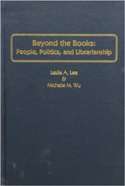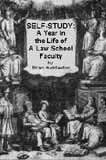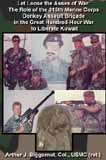The piece itself is mostly extended excerpts from a confidential report by the International Committee of the Red Cross, "clearly intended only for the eyes of those senior American officials", referenced earlier as CIA officials. He was provided a copy by unnamed sources, and after a cursory check, I didn't see the full thing anywhere on-line, but it may be out there. Just curious about that - there's no reason to think he's being selected in his excerpting.
Danner notes several times in his introductory remarks that because the report, and the statements made by the prisoners, were not intended for public distribution, that this lends them a strong aura of authenticity. But as several former officials of the Bush administration have noted in response to this report and earlier accounts on mis-treatment, members of the Taliban and other combatants have been trained to relay stories of torture if captured. They wouldn't be completely ignorant of what the ICRC's purpose was in conducting those interviews, and if well-trained they would relate such stories any time they were asked about their detention and their interrogations.
Two details from this story jumped out at me:
"A black cloth was then placed over my face and the interrogators used a mineral water bottle to pour water on the cloth so that I could not breathe."If a black cloth was over his face, then how did he know it was a mineral water bottle being used to pour the water? Did his interrogators show him the bottle before they covered his face and told him "here's the bottle we're going to use to pour the water on you after we cover up your face"? And what is a mineral water bottle, how is it different from any other water bottle? That struck me as a strange detail to include. If you're being water boarded, the specific vessel used to pour the water would seem to be one of the more inconsequential details.
The second detail is from one a detainee who had lost a leg from a combat injury. He notes that:
I was kept in a standing position, feet flat on the floor, but with my arms above my head and fixed with handcuffs and a chain to a metal bar running across the width of the cell.
And then that:
After some time being held in this position my stump began to hurt so I removed my artificial leg to relieve the pain. Of course my good leg then began to ache and soon started to give way so that I was left hanging with all my weight on my wristsHe removed his artificial leg while his arms were fixed with handcuffs above his head? OK, maybe his interrogators uncuffed him so he could remove his leg, but if the stump of his missing leg was hurting, isn't that all the more in keeping with the intent of all these proceedings? Or was he able to shake off his prosthesis without using his hands?
These both sounded like the sort of statement a decent defense attorney would seize upon when cross-examining a witness.




No comments:
Post a Comment